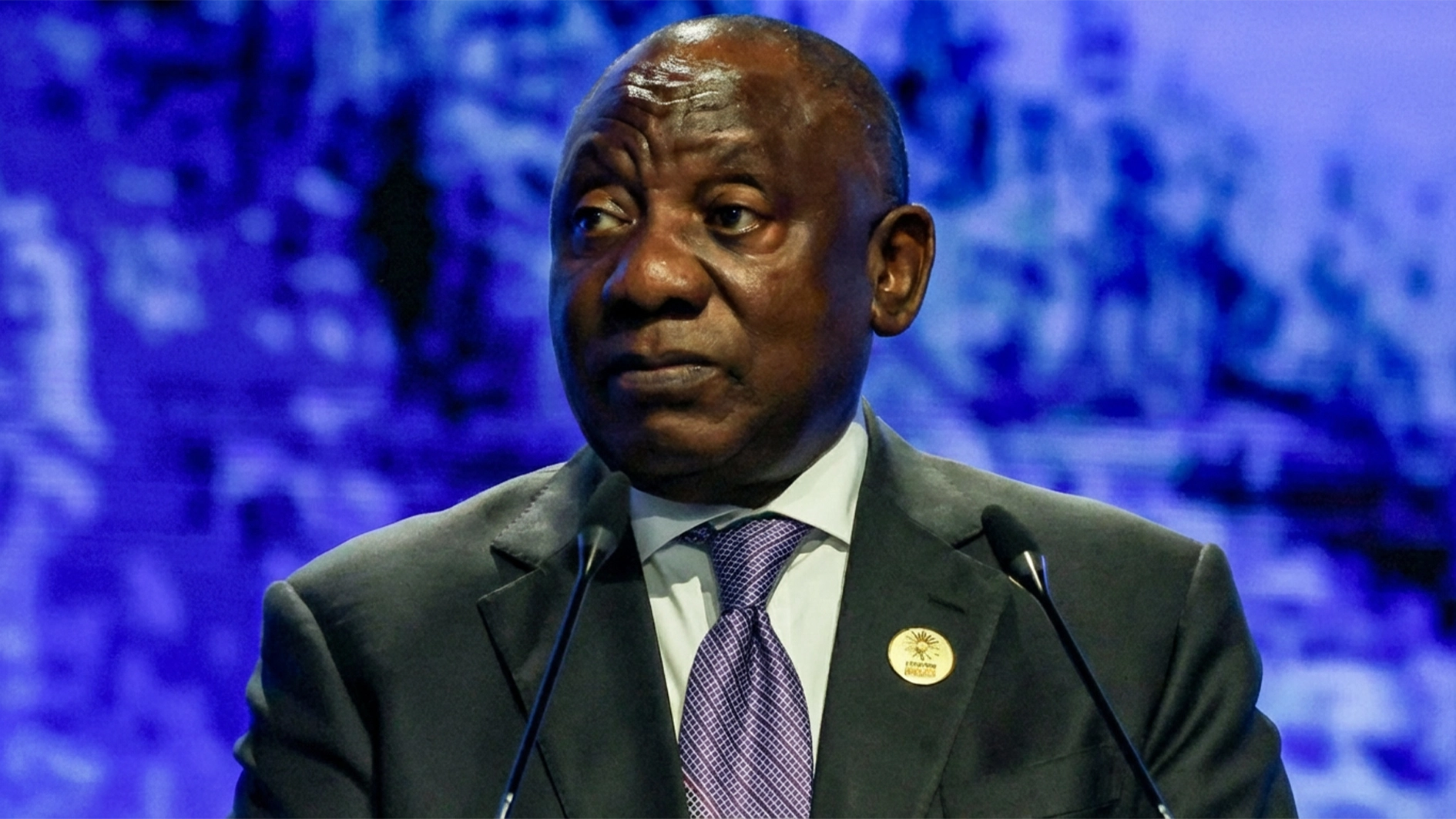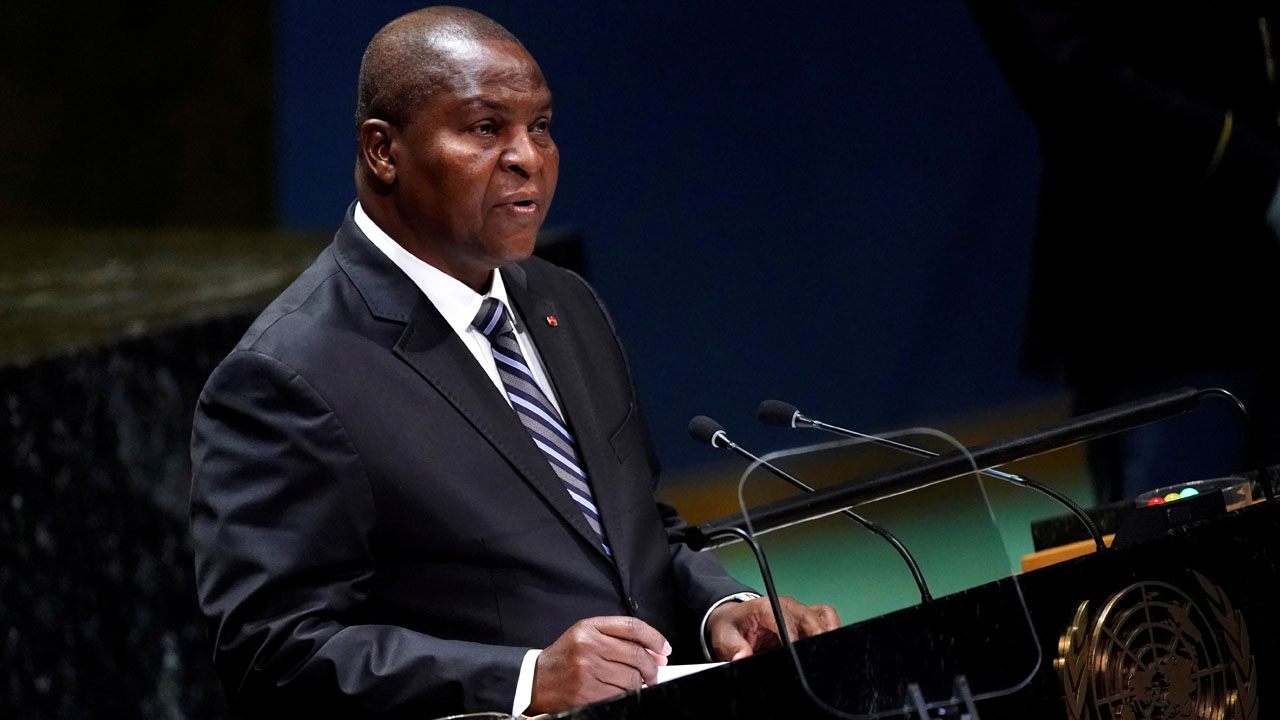
A new report by SBM Intelligence, a market/security intelligence gathering and consulting firm, has ranked Nigeria and four other countries in Sub-Saharan Africa as the biggest losers in its Africa Country Instability Risk Report.
The report by SBM Intelligence assesses political, economic, and social factors contributing to the region’s political instability. It also provides a framework for assessing the risk of coups d’état using factors such as ethnic tension, the country’s history of coups, dominant ethnic groups, economic concentration, ageing leaders, and mono-product or bi-product or multi-product economies.
Botswana, Seychelles, Namibia, and Zimbabwe are also listed as big losers. The report noted that while Nigeria and the four other countries experienced a decline between 2023 and October 2024, Angola, Burundi, Chad, Togo, and Madagascar recorded improvements with notable score changes.
Nigeria dropped six places, from a score of 39 in 2023 to 45 in 2024. The report cited persistent insecurity, the exit of foreign businesses, poverty, and the Tinubu Administration’s unpopular reforms as factors contributing to Nigeria’s decline in political stability scores.
“Nigeria, Africa’s fourth-largest economy, ended the year with a score change of -6, following the exit of foreign businesses over a weaker currency, rising inflation, and other economic challenges,” the report read in part.
READ ALSO: Tax reform bills will worsen plight of Nigerians, Kano Rep warns
“Nigeria’s economy continues to worsen, with rising food inflation, persistent insecurity across all geopolitical zones, and many people falling into extreme poverty. It is more polarised now than ever after the 2023 election and the unpopular reforms of the new government, such as the removal of petrol subsidies, which have worsened living conditions and led to the closure of businesses.”
SBM Intelligence also dubbed Nigeria one of sub-Saharan Africa’s vulnerable countries. Once highly revered as the “Giant of Africa,” Nigeria has been fraught with numerous challenges that have threatened the country’s economic strength.
As stated in SBM’s ACIRI report, these challenges have mounted roadblocks on Nigeria’s path and significantly contributed to the country’s decline in political stability.
The ACIRI report is not the only one that has recently ranked Nigeria poorly in governance and political stability.
In October, a report by the Ibrahim Index of African Governance (IIAG) marked Nigeria as one of 11 African countries with worsening governance performance since 2014.
The IIAG also highlighted Tinubu’s unpopular reforms, including the petrol subsidy removal and insecurity, as reasons for the country’s declining governance performance.
Tinubu’s Reforms Linked to Poverty, Food Insecurity
According to the ACIRI report, Bola Ahmed Tinubu’s unpopular reforms have significantly influenced Nigeria’s declining political stability. One notable reform is the removal of the petrol subsidy. The president announced the removal of the petrol subsidy after his inauguration in 2023.
READ ALSO: Nigeria, others need $100/barrel oil to balance budgets—Report
Since this announcement, many Nigerians have faced life-altering challenges. Prices of goods, services, and transportation costs have skyrocketed, leaving many Nigerians unable to afford basic amenities such as food, thus pushing many below the poverty line.
Recent statistics show that over 129 million Nigerians, accounting for 56 per cent of the country’s population, now live below the poverty line. This rising poverty rate has also contributed to food insecurity and a surge in malnutrition.
According to the Federal Ministry of Budget and Economic Planning, over 31.8 million Nigerians suffer from acute food insecurity. The country’s fast-rising food inflation rate currently stands at 39.16%, according to the latest data on food inflation published in November.
The tax reform bill, which has yet to be implemented, has joined the list of controversial reforms by the Tinubu administration. Since the bill was introduced in the National Assembly, it has sparked debates among various groups. While some support the bill, others oppose its implementation.
READ ALSO: Audit report uncovers N3.203tr financial infractions in NBET
Nigeria’s Insecurity
Terrorism and banditry in the North, coupled with separatist agitation and violence in the southeast, have created fertile ground for Nigeria’s insecurity crisis. Since 2009, when Boko Haram, a deadly terrorist organisation, emerged, numerous other terrorist organisations have sprung up, including the Islamic State of West Africa Province (ISWAP), armed bandit groups, and violent herders, among others.
Millions of Nigerians have lost their lives and homes to the activities of armed insurgents, which have also contributed to the country’s rising food insecurity. These terrorists often raid agrarian communities, impose hefty fines on farmers, or drive them away from their farms.






